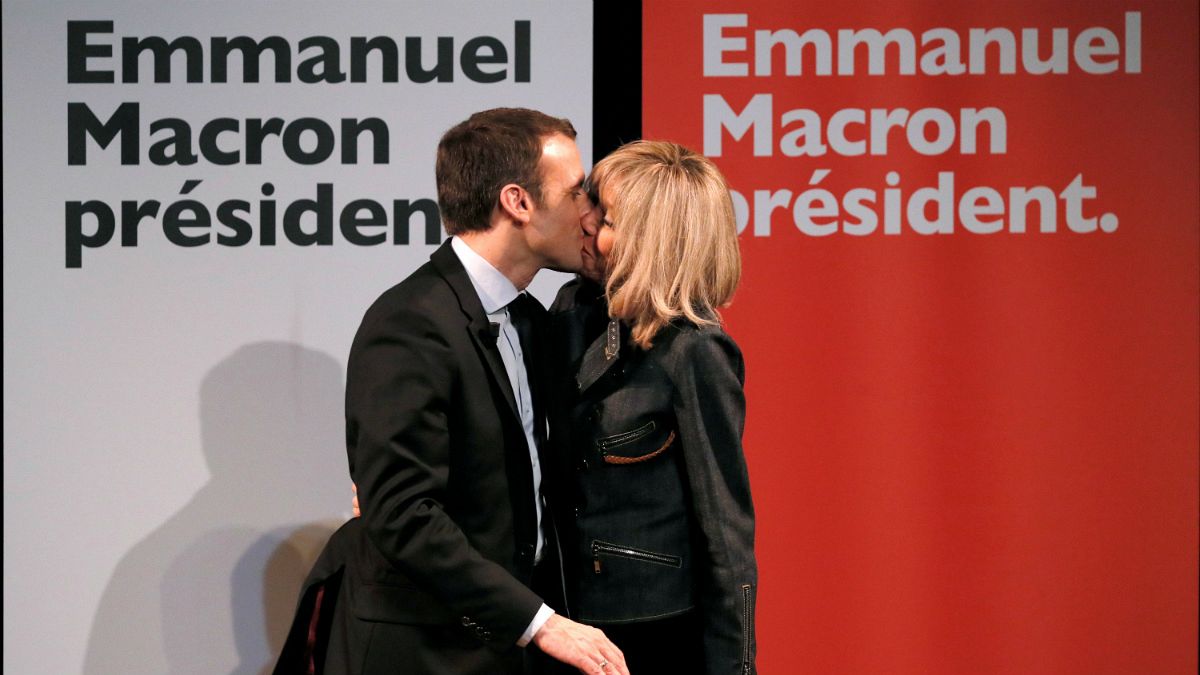The 2017 presidential campaign will demonstrate, once again, that emotional appeals have become a necessary and accepted way to convince French voters.
Ballet Marion, researcher in politics, CHCSC – University of Versailles Saint-Quentin-en-Yvelines
France is usually seen as an “emotional” country… a place where the people are quick to complain, argue, demonstrate or even rise up. France is accustomed to passionate outpourings in the public area, especially during presidential campaigns. On the one hand, the struggle for the most powerful function in the French Republic exaggerates conflicts between opponents. On the other, the democratic crisis forces candidates to seek the support of voters who are increasingly skeptical and floating.
But paradoxically enough, for many decades, French politicians had been reluctant to admit and appeal to the hearts of voters. Indeed, since the 1990s they tried to constrain emotions in the private sphere. Then, during the next decade, emotional appeals gradually appeared in political discourse, thereafter becoming a common and essential strategy among the new generation of political leaders.
This historic reticence among French candidates can be linked to their initial skepticism toward television, which was once only considered as a medium for entertainment. During the 1980s, political leaders systematically contrasted the rationality of political discourse with the emotions on display on TV. In order to preserve their “purity”, political speeches had to be devoid of feelings. That is why, during that period, the presidential candidates did not express their own feelings and did not appeal to those of voters. Political legitimacy was still based on emotional constraint. Politicians were required to have nerves of steel in order to take well-considered decisions. They also had to repress personal feelings in order to act in the general interest. This particular perception of political quality was based on a prejudice against emotions. As they were seen as evanescent, private, personal and uncontrolled, feelings were not welcome in the public sphere.
For example, during the 1981 campaign, President Giscard d’Estaing explained that “when you fulfill a political function, you cannot show your sensitivity” (05/07/1981). “During seven years, the reason of state did not allow me to express myself with utter freedom. During this campaign, I am now free to pour out my heart” (03/02/1981). President Mitterrand admitted the same during the next presidential campaign: “because of my heavy responsibility as President, I must pursue a policy that does not yield to emotional impulse” (03/22/1988).
At that time, the private lives of politicians were never displayed in the public sphere. The illnesses of president Pompidou and president Mitterrand were hidden, as well as the secret double life of François Mitterrand. Generally speaking, sentimental matters were seen as separate from public affairs.
However, with the development of political marketing and the rising potency of television in presidential campaigns (nowadays, 80% of French people use TV to get political information, versus 39% radio, 36% internet, 36% newspapers – Panel électoral français, Cevipof), political discourses had to evolve. Presidential candidates have learnt how to perform in front of the cameras; they have adapted their speeches to make them more forceful and efficient. Moreover, political leaders have finally accepted to unveil their privacy in order to look authentic, truthful and approachable. This new openness is considered as an means to address the crisis in democracy and lack of trust in politicians.
Emotions played an important part in that evolution. They became the most important element of presidential campaign strategies. First, French candidates became more and more willing and even eager to lift the lid on their private lives. Nicolas Sarkozy went farther in pouring out his emotions in public. No one could forget his public despair when his former wife asked for a divorce and how harmony was restored when Carla Bruni became his wife in 2008. His private life was a part of his political strategy. It was all the more effective as political legitimacy became linked to openness and proximity.
The 2017 presidential candidates also use feelings in their political strategies. New kinds of TV programmes, such as Confessions intimes (broadcasted on the M6 channel), were introduced recently to encourage politicians to speak about their feelings. And it worked! Francois Fillon, often perceived as emotionally cold, did not hesitate to recall his joy when he fathered a child at the age of 50. Marine Le Pen relived her suffering at school when she had to face sarcasm and hatred from her classmates. Arnaud Montebourg even cried in front of cameras when he spoke about his premature baby.
Another evolution is also significant. In the 1980s, French politicians were reluctant to recognise the emotional experiences of voters. But following the changes in society during the 1990s, they cannot ignore them anymore. Indeed, they recognise the suffering of the homeless, the despair of farmers, the anger of the unemployed and so on. The “France insoumise” of Jean-Luc Melenchon is a good example. The far-left leader wants to act as the spokesman of every angry citizen and hopes to transform the real dissatisfaction against the economic systems into a vote for him. The radical right National Front leader Marine Le Pen follows the same strategy. She constantly appeals to the fear of her voters over immigration, globalization and Islam in order to legitimise her politics based on nativist preference.
For sure, the 2017 presidential campaign will demonstrate, once again, that emotional appeals have become a necessary and accepted way to convince French voters.
Ballet Marion, researcher in politics, CHCSC – University of Versailles Saint-Quentin-en-Yvelines
The views expressed in opinion articles published on euronews do not represent our editorial position
